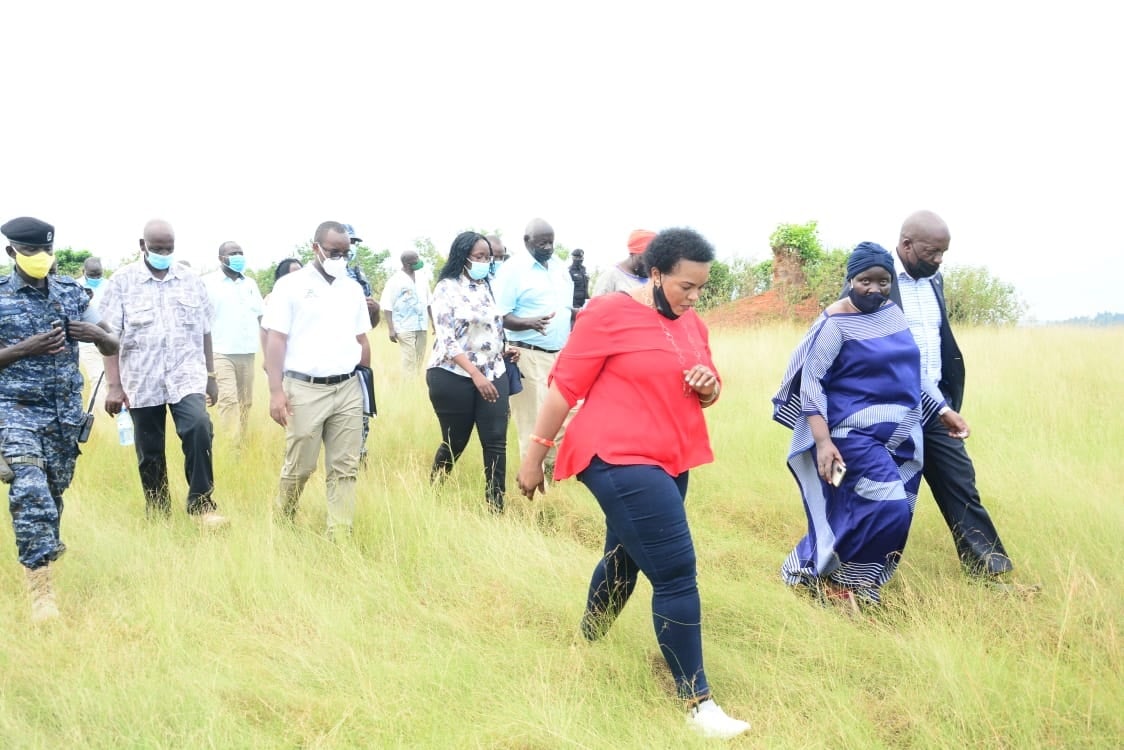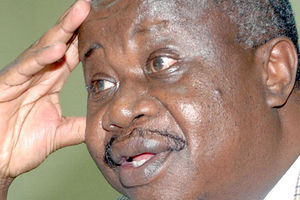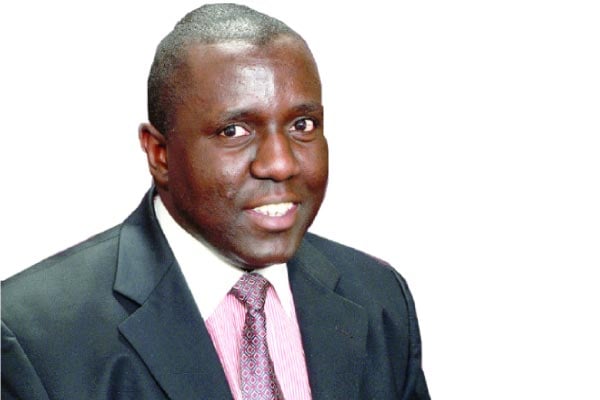
Author: Moses Khisa. PHOTO/FILE
It is now routine, highly normalised, not shocking news anymore. Every single day, with perhaps very few exceptions, there is a deadly road crash, collision or another form of motor accident on any of Uganda’s major highways.
The word highway is actually a misnomer for Uganda’s roads because what we call highways are only good as localised roads for shorter journeys, not long-distance travel connecting one region or end of the country to another. This fact alone, of lousy and narrowly constructed roads, is a major contributor to the disastrous accidents that claim dozens of Ugandan lives nearly every day.
When you think about it, Ugandan life has become utterly cheap. Deaths from road accidents that shouldn’t be happening, and which must attract our collective national outrage, nevertheless occur with so much regularity and routineness yet we are collectively unbothered. Worse, the government takes no particularly concerted and aggressive measures to arrest the problem. The raison d’etre, or primary reason of existing, of any government is to assure safe and security of citizens, to ensure public order and citizens’ wellbeing by enforcing laws, standards and regulations. Uganda’s current public administrative apparatus is so inept and inefficient, it’s scarcely worth the hallowed name of government.
As we reel from the monumental disaster of a garbage dump-mountain that came down, crashing dozens of lives, literally burying unknown numbers, just in the past week there have been several major road accidents, the latest in Kyenjojo District killing at least 10 people on the spot. From my experience driving on Uganda’s roads, the biggest source of deadly accidents is the sheer bad manners and blatant wrongdoing by drivers. The number one culprits are minibus taxi drivers along with long-distance bus drivers, these two being the primary mode of upcountry transportation for majority Ugandans, meaning they hold at their mercy and are in control of the lives of a huge share of the travelling public.
As I have argued in this column, I believe that the boda-boda sector stands apart as a huge national public health emergency for the sheer accidents and fatalities involving these passenger motorcycles. In a series of articles last year, I tried to sketch out what I believe is the core problem with the boda boda sector. I highlighted the way that boda boda riders are gradually shaping and reconfiguring our overall national ethos, behaviour and mannerism.
The boda boda default mentality is to operate without any regard for any of the rules of the road, to do the exact opposite of what is expected, doing so unabashedly and with unlimited recklessness. The masters of the boda boda equivalent behaviour on highways, and to deadly effect, are minibus taxi drivers: zero regard for where to overtake and not, where to speed and slow down, how to leave and join a highway, where to stop and not, etc. The behaviour of boda bodas, primarily in urban centres and over relatively short distances of travel, coupled with the modus operandi of taxis, also in the commuter-routines of cities and towns but especially in long upcountry journeys, have in combined form been slowly embraced by the wider public of motorists. It is a behaviour and modus operandi of doing wrong, flatly violating basic traffic rules and throwing all caution to the wind as to speed brazenly and do all sorts of acts that put lives of passengers in sheer harm’s way. But there is broader source of the deadly and rampant road accidents we see today, one that cuts across and speaks to the corrupt and incompetent government of the day. I don’t have solid and systematically collected evidence, but anecdotally and from years of observing, my hunch is that the vast majority of people driving on Ugandan roads shouldn’t be driving!
Either they simply do not understand basic rules that must be consistently observed, or they just have the wrong orientation and disposition about how to behave in a critical public space like a road – it’s either ignorance or the wrong culture. If we had a serious government, ruggedly focused on doing what serious government do, President Museveni would through decree declare a national emergency, followed with a thorough operation of re-evaluating all drivers, subjecting everyone to a new written examination and driving test.
This would ensure that only individuals meeting the threshold of fully grasping driving, what one does and must not do while on the road, are allowed to carry a valid driving licence. Forged or fraudulently acquired licences would be thrown away; all who attended a driving school for barely a week or didn’t attend one at all but the corrupted system delivered them the licence would have to return to the basics of fully learning how to drive.
Expecting that Museveni’s government pulls off this is obviously being naively faithful. But when I returned to the Uganda Driver Licencing System offices last month to renew my licence, having previously done it three years ago, the professionalism and efficiency with which one is served yet again persuaded me that it is possible to have a functioning governmental apparatus.








